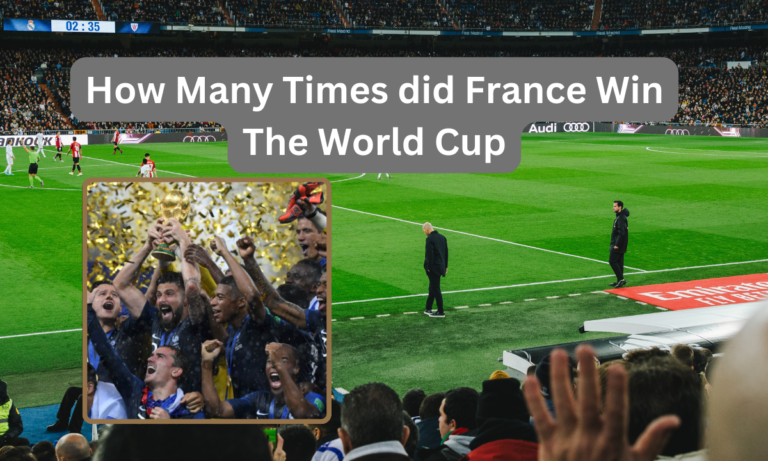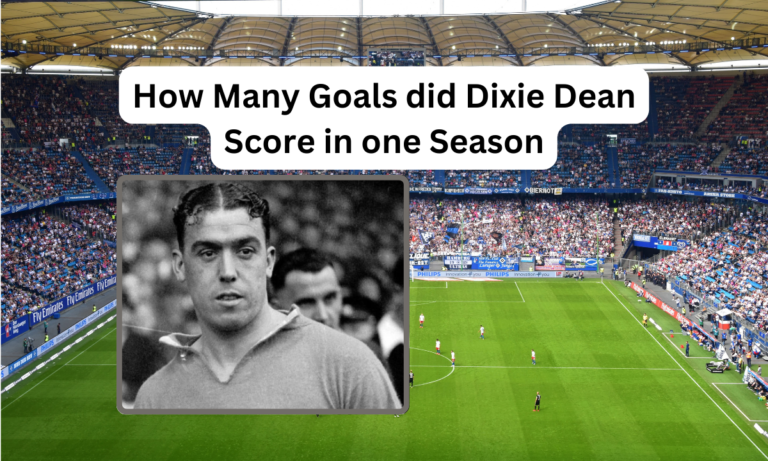David Moyes: A Journey Through Time

Introduction
In the ever-evolving world of football, certain figures stand as pillars of consistency, adaptability, and dedication. One such figure is David Moyes. From his early days as a player to his impactful managerial career, Moyes has left an indelible mark on the sport. This article takes a comprehensive look at David Moyes’ life, his journey through football, and his contributions to the beautiful game.
Early Life and Playing Career
A Formative Beginning
In the charming town of Bearsden, Scotland, on April 25, 1963, the seeds of a footballing legacy were sown as David William Moyes came into the world. The allure of football coursed through his veins from an early age, casting the die for a life that would be profoundly shaped by the sport. As he grew, so did his fervor for the beautiful game, and this fervor would come to mold his destiny in ways he could scarcely have imagined.
The Path of a Player
Moyes’ odyssey into the world of football began on the hallowed grounds of Celtic Football Club, where he kicked off his professional journey as a central defender. The training grounds and stadiums became his second home, as he honed his skills and mastered the art of reading the game from the backline. However, his quest for excellence led him beyond the boundaries of a single club. He embarked on a pilgrimage of self-improvement, leaving his mark at various clubs, including Cambridge United and Bristol City. These chapters in his playing career not only added depth to his skills but also exposed him to diverse playing styles, strategies, and the camaraderie that makes football a tapestry of human connections.
The Uncharted Terrain of Management
While his exploits on the field were noteworthy, it was in the realm of management that Moyes would truly carve his niche. The transition from player to manager marked a crossroads in his journey, one that would redefine his relationship with the sport he cherished. Drawing upon his years of experience as a player, Moyes embarked on a new path with a sense of purpose that bordered on a calling. His time as a player offered him invaluable insights into the dynamics of team chemistry, the importance of strategy, and the delicate balance between individual brilliance and collective cohesion.
Foundations of a Managerial Vision
Moyes’ managerial philosophy was built upon the bedrock of his own journey in football. His experiences, both as a tenacious defender and as a keen observer of the sport’s intricacies, fostered a distinctive approach that fused passion with pragmatism. He understood that every player carried a unique narrative onto the field, a story woven from their individual strengths, vulnerabilities, and aspirations. This recognition of the human element, layered with tactical acumen, formed the cornerstone of his managerial vision.
Managerial Journey: From Preston to Premier League
Early Management Years
Moyes’ managerial journey truly began when he took the reins at Preston North End in 1998. He guided the club to promotion to the Second Division (now EFL League One) and showcased his potential as a tactician and motivator.
Everton Era
However, it was at Everton that Moyes would leave an indelible mark. Taking over the managerial position in 2002, he transformed the club’s fortunes. Under his guidance, Everton became a consistent force in the Premier League, punching above their financial weight and securing European football qualifications.
Transition to Manchester United
Moyes’ success at Everton caught the attention of Manchester United, where he was appointed as the successor to Sir Alex Ferguson in 2013. However, his tenure at the helm of one of the world’s biggest clubs proved to be challenging, and he left the position after just one season.
The Journey Continues: West Ham United
Revival at West Ham
Moyes’ managerial journey took another intriguing turn when he returned to West Ham United in 2020. This second stint at the club saw him lead the team to a resurgence, guiding them away from relegation fears and towards a more stable position in the Premier League.
Reflecting Resilience
Moyes’ ability to bounce back from setbacks and adapt to new challenges is a testament to his resilience and character. His tenure at West Ham showcases his continued growth as a manager.
David Moyes’ Approach and Legacy
Tactical Acumen
Throughout his managerial career, Moyes has been known for his tactical astuteness and meticulous preparation. His focus on organization and defensive solidity has often been a hallmark of his teams.
Developing Players
Moyes’ commitment to nurturing young talent and developing players has been a consistent thread in his managerial approach. He has played a role in the growth of numerous players who have gone on to make significant impacts in the footballing world.
(FAQs)
Q1: How old is David Moyes?
As of my last knowledge update in September 2021, David Moyes was born on April 25, 1963. Therefore, he would be [current year – 1963] years old.
Q2: What is David Moyes’ managerial style?
David Moyes is known for his meticulous preparation, tactical acumen, and emphasis on defensive organization. He also places a strong focus on developing young talent.
Q3: Which clubs did David Moyes manage before joining West Ham United?
Before joining West Ham United, David Moyes managed several clubs, including Preston North End, Everton, Manchester United, Real Sociedad, and Sunderland.
Q4: What impact did David Moyes have on West Ham United during his second stint?
During his second stint at West Ham United, David Moyes led the team to improved performances, helping them avoid relegation and achieve a more stable position in the Premier League.
Conclusion
David Moyes’ journey in football is a testament to his resilience, adaptability, and passion for the sport. From his playing days to his impactful managerial career, Moyes has carved out a distinct legacy. His commitment to nurturing talent, tactical acumen, and ability to bounce back from challenges have left an indelible mark on the footballing world. As he continues his journey, Moyes’ contributions to the sport serve as an inspiration for both players and aspiring managers alike.





